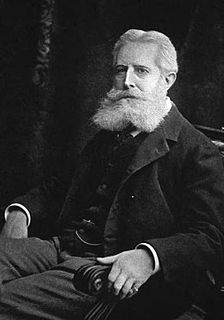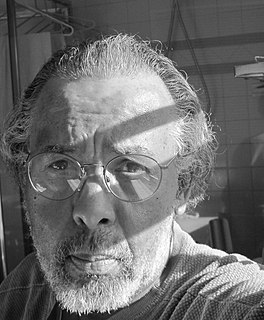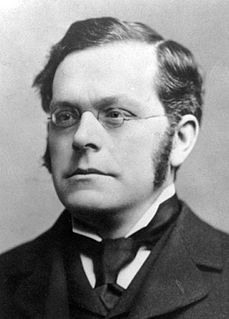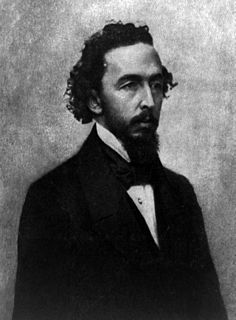A Quote by Edmund Clarence Stedman
Related Quotes
One of the appeals of William Carlos Williams to me is that he was many different kinds of poet. He tried out many different forms in his own way of, more or less, formlessness. He was also a poet who could be - he was a love poet, he was a poet of the natural order and he was also a political poet.
In the interest of the ethical and moral health of the country, the writer, the poet, the artist, the thinker, must hold a mirror up his or her country and say, look, this is who we are, this is how we live, this is our past, we must own it, forgive ourselves, transcend our transgressions, and become better people. Turning the tide must be a continuous effort.
The source of each accordant strain
Lies deeper than the Poet's brain.
First from the people's heart must spring
The passions which he learns to sing;
They are the wind, the harp is he,
To voice their fitful melody,--
The language of their varying fate,
Their pride, grief, love, ambition, hate,--
The talisman which holds inwrought
The touchstone of the listener's thought;
That penetrates each vain disguise,
And brings his secret to his eyes.
Genius in the poet, like the nomad of Arabia, ever a wanderer, still ever makes a home where the well or the palm-tree invites it to pitch the tent. Perpetually passing out of himself and his own positive circumstantial condition of being into other hearts and into other conditions, the poet obtains his knowledge of human life by transporting his own life into the lives of others.
Poesy must not be drawn by the ears: it must be gently led, or rather, it must lead, which was partly the cause that made the ancient learned affirm it was a divine, and no human skill, since all other knowledges lie ready for any that have strength of wit; a poet no industry can make, if his own genius be not carried into it.







































